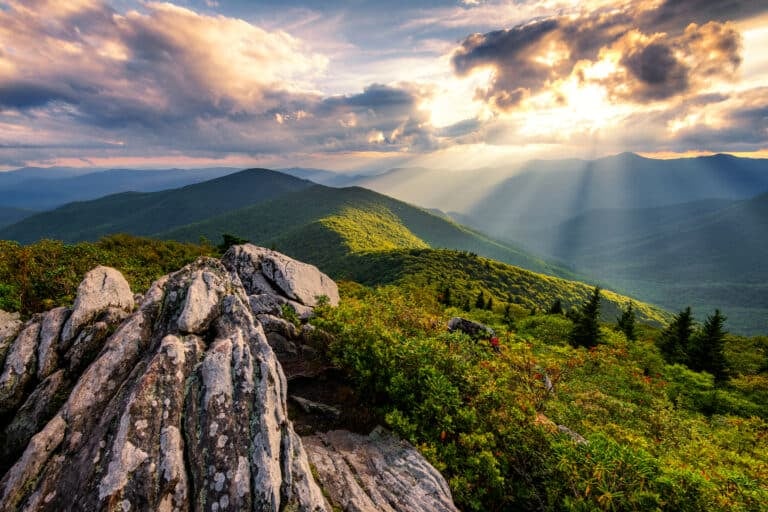YES: 69%
Unfortunately, we’ve really screwed up their ecosystem. Lack of predators, invasive species, limited habitat, and pollution all need to be addressed before plants and animals can have a chance to live sustainably.
—Jon Livengood, Knoxville, Tenn.
 Our intervention benefits the livelihood and safety of wildlife. Space is limited, so preservation is in our interest, as well as the interest of our animal cohabitants.
Our intervention benefits the livelihood and safety of wildlife. Space is limited, so preservation is in our interest, as well as the interest of our animal cohabitants.
—Sean Mclaren, Richmond, Va.
Wildlife management includes educating the public on how to best respect, respond to, and protect the wildlife that exist in the same spaces that we wish to explore. As long as humans wish to play in the great outdoors, we need education as well as management.
—Chrissa, Duluth, Ga.
As the dominant species and the one that intentionally cuts down swaths of forests and blows off the tops of mountains so that we can live in nice square houses with fake sunlight, yes, we should do something to manage the destruction we bring.
—Rena, Charlottesville, Va.
If we discontinue wildlife management as an organized activity now, it will be left entirely to those who would only manage habitat as a profitable asset.
—Jessica, Blacksburg, Va.
NO: 31 %
Nature does just fine without us. It certainly doesn’t need us to manage wildlife, nor can we ever do as good of a job mimicking a naturally functioning ecosystem. Whenever we tinker with one species, we affect many others. As the famous Chief Seattle quote says, “Human beings did not weave the web of life. We are but one thread within it. Whatever we do to the web, we do to ourselves.”
—Carrie Smith, Washington, D.C.
We need to work toward less management. Our continuous obsession with urban development has obviously ruined the habitat of countless species. If we can designate more wilderness areas and try as best as possible to return land to its open natural state, the need for wildlife management will hopefully decrease.
—Allie Daniels, Charlotte, N.C.
Humans can’t even manage other humans. How can we be expected to manage wildlife?
—Patrick, Cary, N.C.
Wilderness is a shining example of how natural ecosystems work with minimal human interference. In wilderness, human beings are not the dominant force; nature is. As a result, wilderness areas are the best and healthiest places for wildlife. We need more wilderness and less human manipulation of natural systems.
—Rob Shoop, Atlanta, Ga.
So-called ‘wildlife management’ benefits humans, not the actual wildlife. We clear forests to create browse habitat for key hunting species like deer and neglect the songbirds and salamanders that depend on those forests for survival.
—Matt Peters, Arlington, Va.
Human management of wildlife usually doesn’t work. Even our best technologies and research can’t fully replicate the intricacies of nature.
—Lori, Asheville, N.C.







